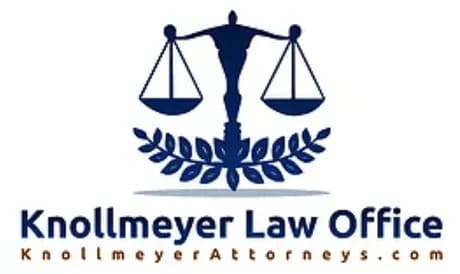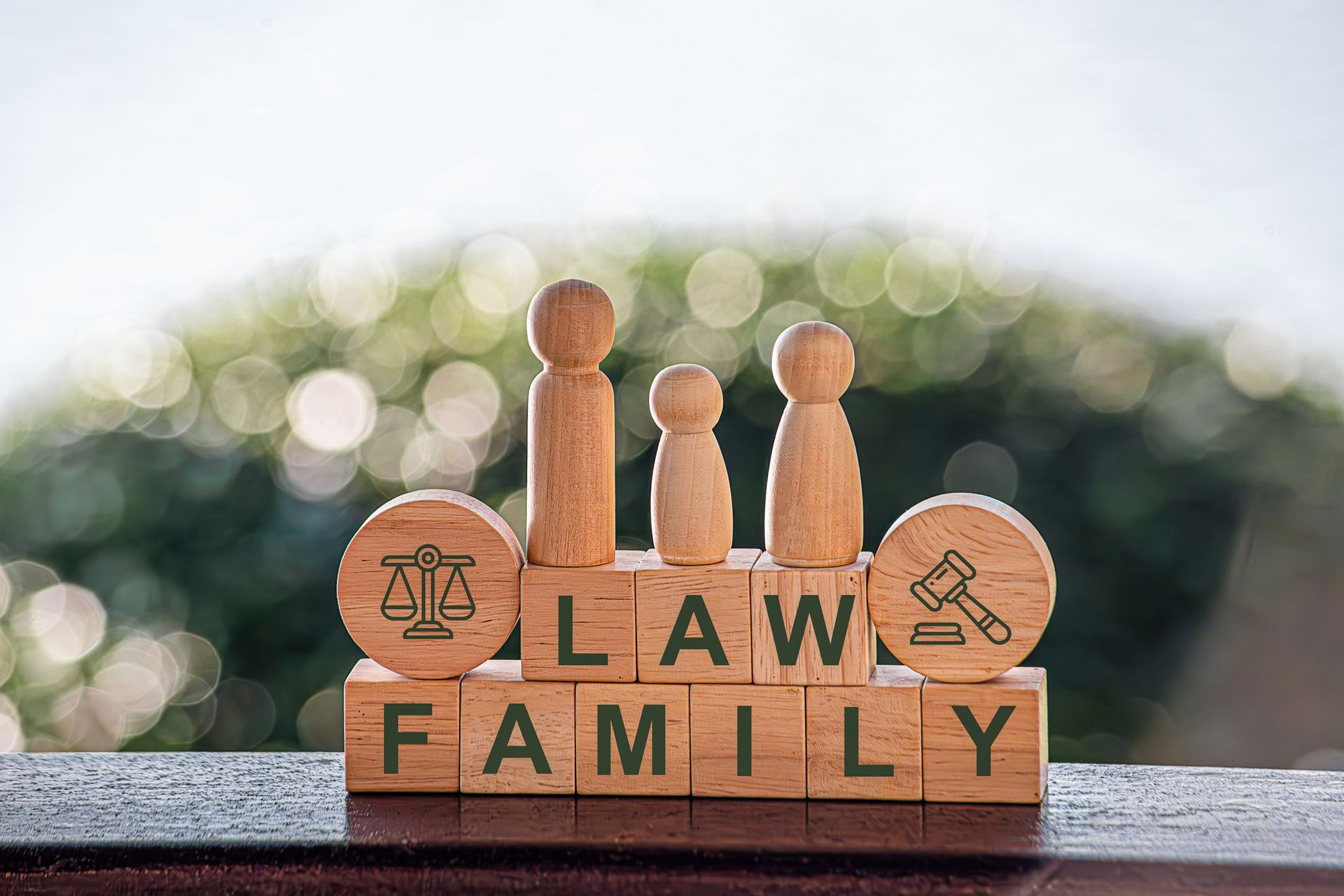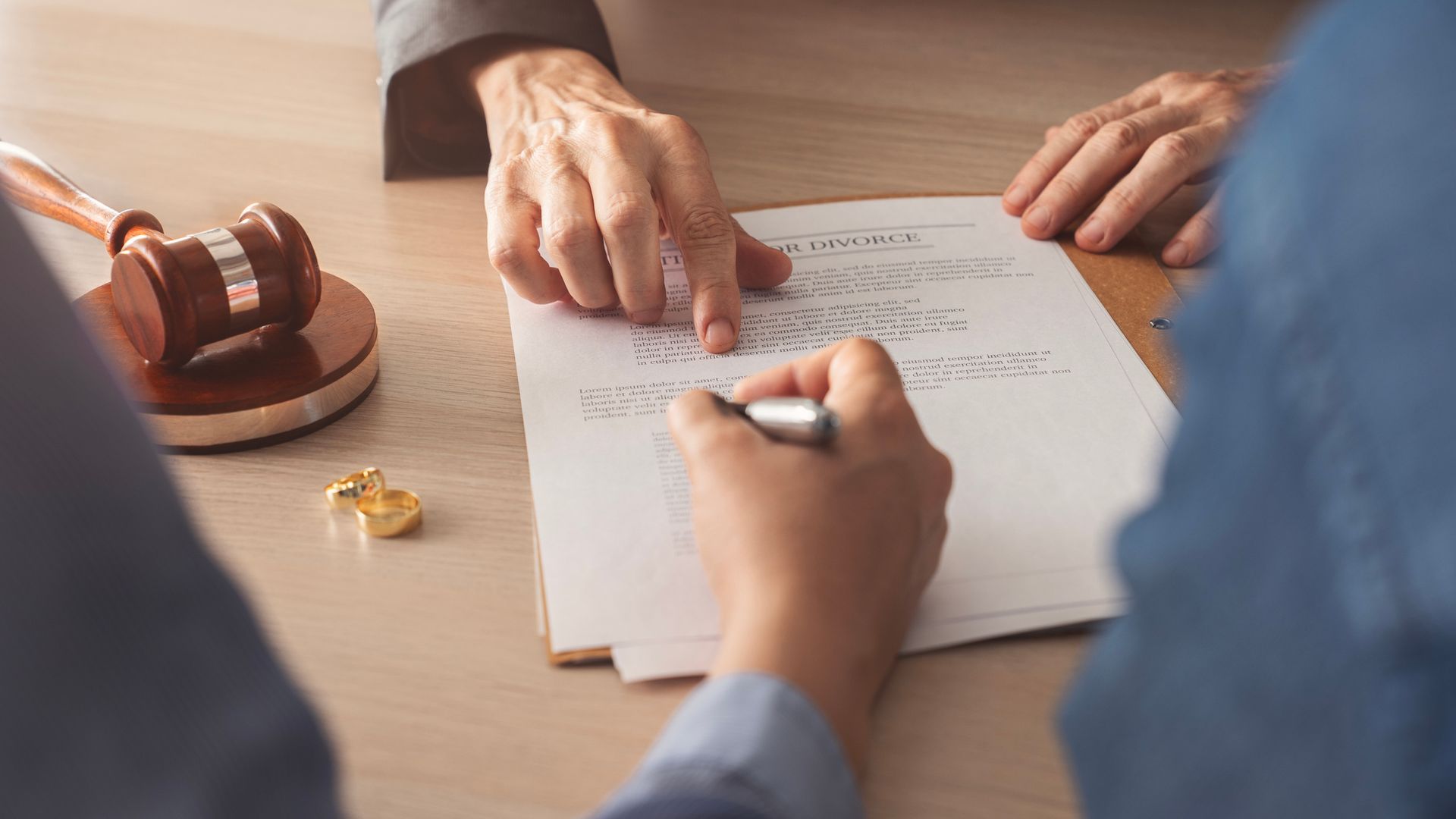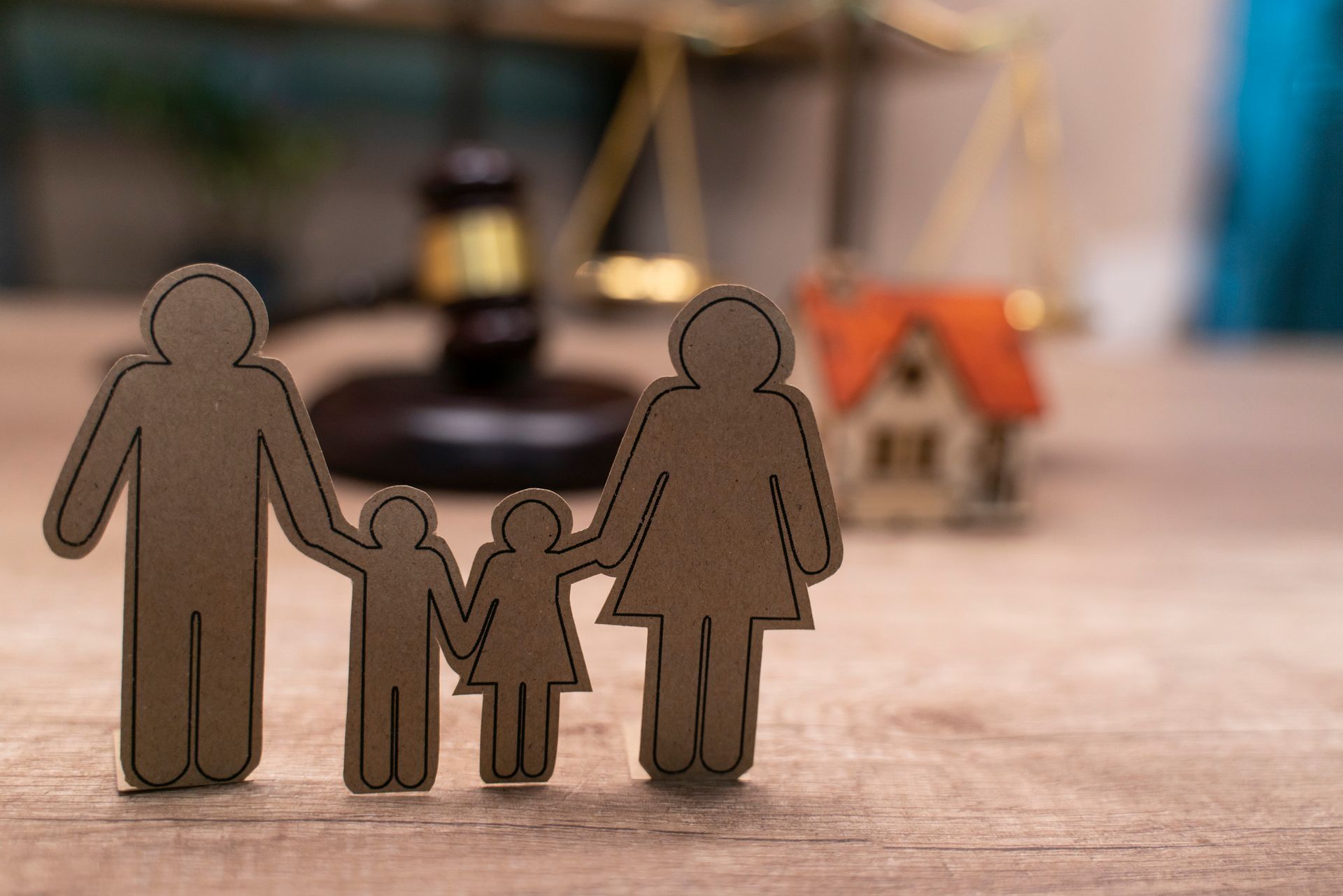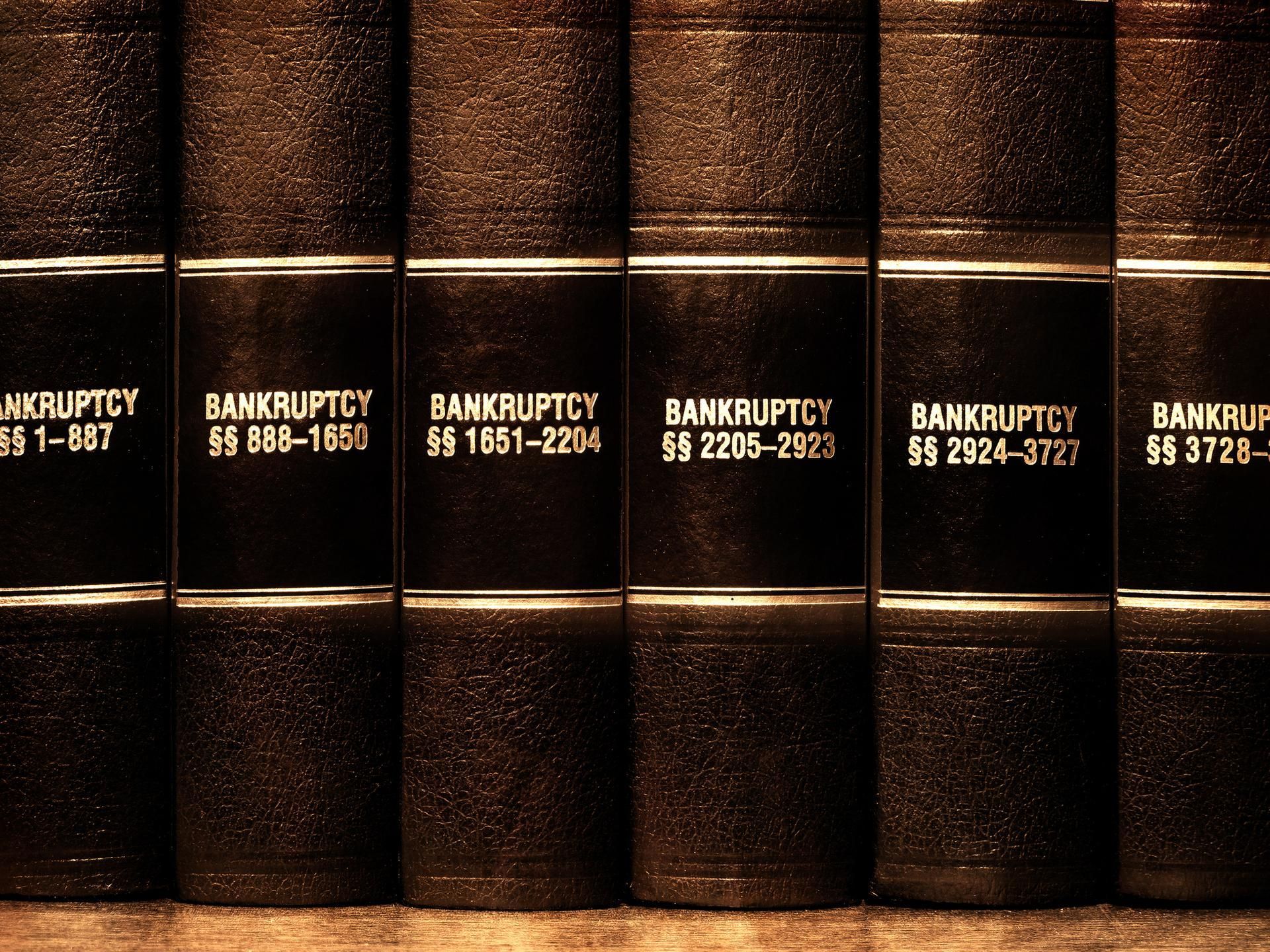Has Life Changed During Your Bankruptcy Repayment Plan? 3 Options Now

Chapter 13 bankruptcy is a valuable tool to help debtors who just need some breathing room while they put debt struggles behind them. But what happens if life changes and your Chapter 13 repayment plan is no longer feasible? The good news is that you have several options to ensure that you can successfully complete your bankruptcy and still obtain debt relief. Here are three of the most common paths to that.
1. Temporary Plan Modification
In general, the debtor is expected to make all agreed-upon payments at the same rate for either three or five years in order to complete Chapter 13. However, three or five years is a long period of time to expect no major life changes. So when your financial situation does suffer a major alteration, you can file a motion with the bankruptcy court to modify your Chapter 13 plan.
The court will assess the reason you need the modification, with an eye to your own interests as well as those of your creditors. The easiest modification to receive, then, is a temporary one. This is the best option if, for example, you were laid off and need a few months to find a comparable job or have to take leave to care for a seriously ill family member.
2. Permanent Plan Modification
Is your financial change not going to be a temporary issue? Perhaps a downturn in your health means you can no longer work as much as you did before. On the other hand, maybe you secured a new job with higher pay. In either case, the court expects debtors to be honest about their finances—for better or worse.
Once again, you may file a motion with the court to request a permanent plan modification. If you just need lower payments, for instance, you may ask to change your three-year plan to a five-year one with lower monthly obligations. Conversely, you may request a three-year plan in order to pay less overall and exit bankruptcy years earlier.
The court also has the option to allow you to exit your Chapter 13 plan sooner and receive discharge now. This is often called a hardship discharge, and it may be granted if you have already paid your unsecured creditors as much or more than they would have received from liquidation. In this situation, there's no point in converting your case, and the court may simply end it directly.
3. Conversion to Chapter 7
Finally, you may opt to or be forced to convert your Chapter 13 plan to Chapter 7 liquidation. Maybe you filed Chapter 13 in order to save your home, but now you realize that's not realistic or you've decided to move. Because you no longer need to fight to keep that asset, you can ask the court to convert your case to liquidation so that you can exit quicker and move on.
In general, you will need to qualify for Chapter 7 just as you would have when originally filing a case. If you didn't qualify before due to higher income, you may now qualify with reduced income. Conversion, of course, subjects you to the same rules about liquidation of assets. So it's a serious move that most debtors choose only when other modifications are insufficient.
Where to Start
Do you want to know more about your choices for modifying a Chapter 13 plan? Meet with the team at Knollmeyer Law Office. We've assisted your Arkansas neighbors for more than 35 years, and we can help you find the right path to a successful bankruptcy. Call today to discuss these options further or make an appointment.
